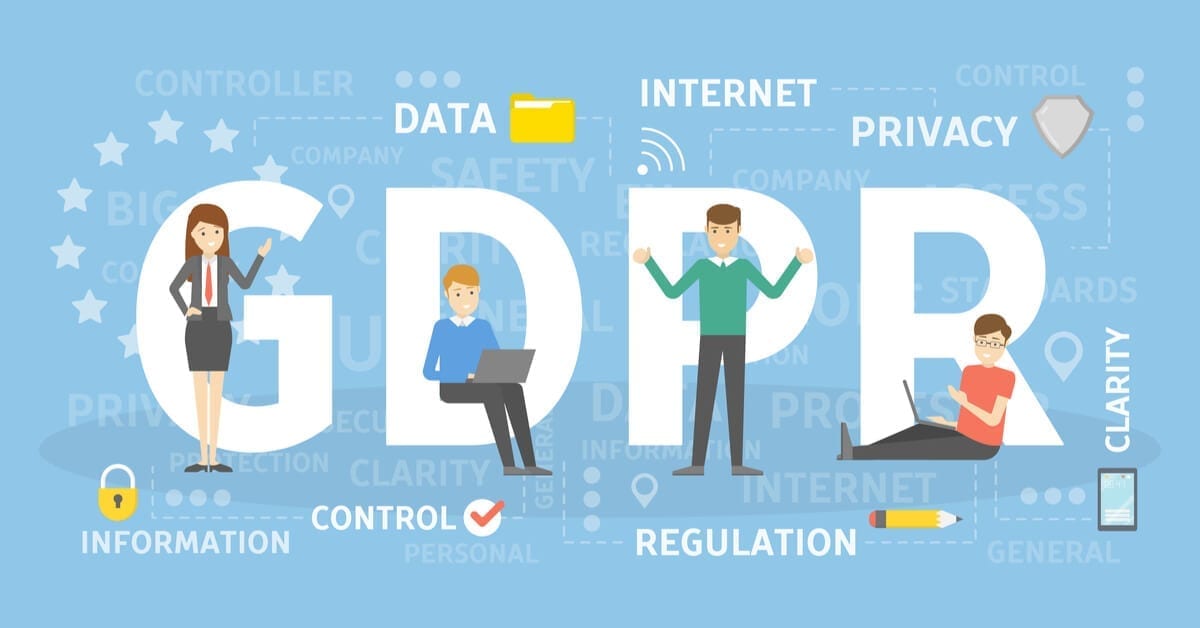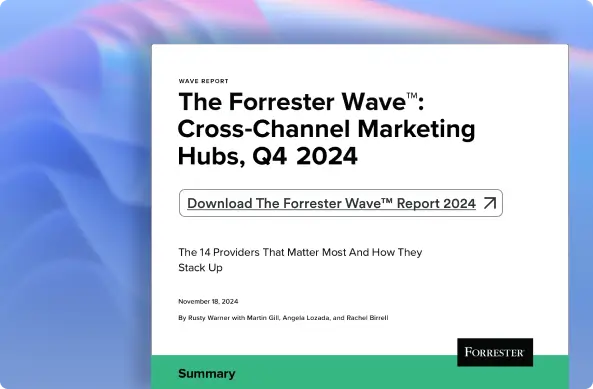5 Things Every Online Store Owner Must Know About GDPR

Reading Time: 4 minutes
By definition, GDPR or General Data Protection Regulation ‘requires businesses to protect the personal data and privacy of EU citizens for transactions that occur within EU member states.’ This means that any company, business, organization, or enterprise that doesn’t follow the regulation might be subjected to paying a considerable fee and other penalties, due to non-compliance do.
Therefore, every company in Europe is advised to pay attention to GDPR if they want to keep their businesses running. GDPR applies to every business, private or public, that processes, stores or handles personal data of the citizens of Europe.
The organizations that fail to follow the EU’s General Data Protection Regulation will suffer severe consequences, such as damage to the brand’s reputation, risk of class action lawsuits, and more.

5 Things Every Online Store Owner Must Know About GDPR
The deadline for the GDPR was Friday 25th May 2018, and if you’re a store owner, these are the most important things to keep in mind to avoid consequences, fees, and penalties, and make sure you’re in full compliance.
1. It’s already effective
Any company that is non-compliant with the regulation is prone to massive fines and steep penalties. In the period of adaptation to these changes, some leniency will be given.
Companies that are already working on becoming fully compliant with the new regulations will enjoy a grace period, as it takes some time to bring an entire organization, enterprise, or a company entirely in line. Any company that fails to do it is prone to the deployment of severe penalties.
2. Severe penalties will be imposed
With respect to GDPR for business owners, there are two grades of the GDPR penalties- both include the company’s annual global turnover. It’s most recommended to avoid these, as paying fines isn’t the only problem that can arise from this.
Aside from the penalties, companies risk their reputation, lawsuits, business disruption, and so on. The reason the new legislation has such severe penalties is that the older regulations couldn’t cope with the amount of data that users generate, as well as the importance of that data.
3. It applies to organizations all over the world
Even though the GDPR is EU legislation, it includes every business across the globe, no exceptions. Every company, regardless of its physical location, is subjected to fines if they aren’t compliant. Yes, it covers EU citizens, but it’s a regulation that applies to every company that processes and handles personal data of EU citizens.
If your e-commerce site includes EU visitors and ships products internationally, that means that the GDPR applies to you.

4. GDPR is topical
Personal data and data processing are currently among the hottest topics in the business world. This is mostly because Facebook is still shaking from the Cambridge analytics scandal.
It’s a classic case of personal data being used to effect the elections, and this gave the storage and use of personal data a whole new context.
The seriousness of the situation made the fines and penalties so severe that they could not only damage your business but ruin your reputation as an organization for good. If consumers see that you’re not able to keep their data safe and secure, they won’t buy your products and services anymore.
5. GDPR is in the best interest of both the companies and consumers
GDPR is for the common good of both organizations and consumers. It’s in the general public’s best interest, as it was designed to ensure extra protection of the consumers’ privacy.
Digital marketers make their profits from data gathering and processing, and they need to protect their consumers by keeping their processes up to date with the latest standards. Consumers come first in the new digital business landscape, so this is nothing but a consumer centric approach, to give customers more control over their data.
On the other hand, it also protects them from misuse and abuse by big organizations. Therefore, all digital marketers are now required to handle their consumers’ data responsibly.
6 Steps for Professional Data Entry
In a world where data digitization plays a crucial role in the success of every e-commerce business, data entry accuracy has become increasingly important.
Here are a few steps to improve efficiency and accuracy in data entry.
1. Identify all sources of potential data inaccuracies
Data sources are both external and internal, and that makes them prone to errors. These inaccuracies result from many parameters, and identifying these parameters makes it easier to remove them.
2. Set realistic goals for your data entry accuracy
The only way to improve data entry accuracy is to set realistic goals. These goals should be based on efficient coding, data gathering, and dynamic data entry.
3. Software tools
Data entry jobs require a lot of work, but specific software tools can help. Optical Character Recognition and Intelligent Character Recognition are useful tools that bring automation to the processes of data reading and extracting.
4. Speed should never affect your accuracy
While rate is always a good thing in businesses, it can sometimes negatively impact data accuracy. Speed is usually related to time limits, and this is where mistakes happen. Set a specified pace and make data accuracy your top priority.
5. Overloading will do more harm than good
Your employees are only human, so overloading them means risking making mistakes that might damage your business. Unrealistic targets and time limits put people under high pressure, and they make mistakes.
6. Reviews reduce errors
The best way to minimize data entry errors is by reviewing. The more efficient your reviewing system is, the better the results. It’s most recommended to have a team of quality assurance experts to make sure your data entry is accurate.
DEO as a professional data entry company
When it comes to data entry accuracy, having a trusted data management company, you can rely on will give you a competitive edge. With that in mind, Data Entry Outsourced is a company of professionals that cater to clients’ needs regarding data management and data entry assignments.
Here’s What You Can Read Next:
|







